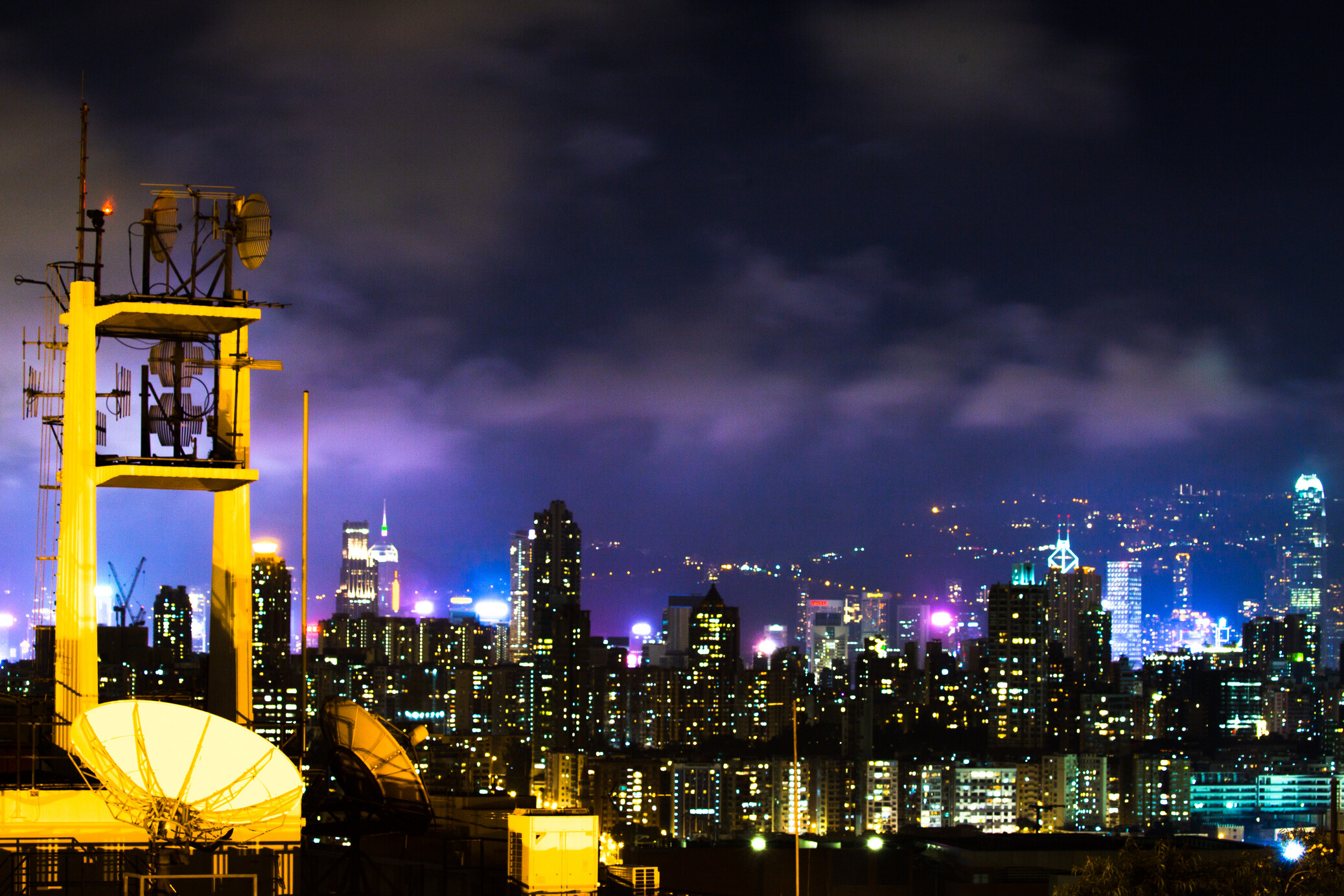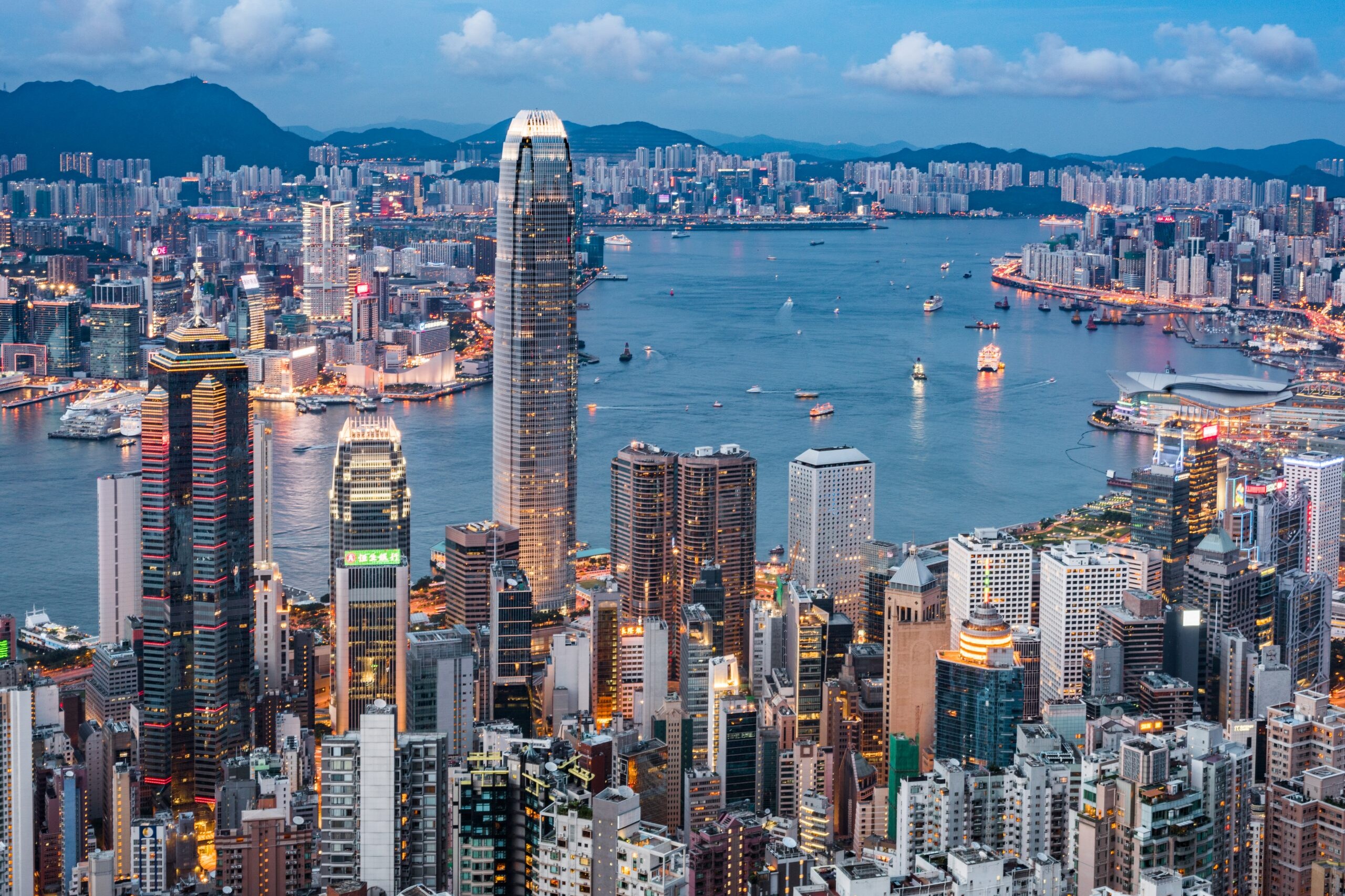The Public Media Alliance condemns the use of Hong Kong’s public broadcaster as a government mouthpiece as it faces yet another challenge to its diminishing independence.
Hong Kong Chief Executive Carrie Lam has launched a talk show on public broadcaster RTHK. The show, titled “Get to Know the Election Committee Subsectors”, will feature 40 episodes and see the politician interview other political figures and discuss reforms for Hong Kong.
While shows featuring politicians are nothing new, Lam’s show lacks the checks and balances that come with journalistic rigour. The show’s format does not present an opportunity for accountability, editorial independence or a challenging of views – rather, it lacks criticality and simply presents the subjective perspectives of what is effectively a repressive regime.
While disappointing, this latest development is not unexpected. It accompanies other recent developments, such as the firing of hard-hitting journalist Nabela Qoser on World Press Freedom Day; an apparent purge of RTHK programmes from the internet; and threats of a new “fake news” law, which is expected to be used as a tool to further clamp down on dissenting voices and encourage self-censorship.
It also follows months of radical changes to RTHK’s management and output. From the addition of bureaucrats, to the unexplained cutting of programmes and pledges of allegiance, after an unexplained “transition period” it is now clear that RTHK is effectively becoming a state controlled broadcaster.
Read more: Crisis facing independent journalism in Hong Kong escalates
In responding to criticisms about the show, Lam maintained without evidence that RTHK is still functioning as it always did, as a public broadcaster. She also said that RTHK should continue to be “objective, fair, and of course support the Hong Kong Special Administrative Region”. But Lam’s defence is paradoxical – a public broadcaster cannot be required to support the very government or administration that it should be holding to account. Effective public media requires editorial independence and a healthy distance between broadcaster and government. RTHK has long recognised the importance of this independence, and in its charter states that it will “be immune from commercial, political and/or other influences”. But the lines are blurring, fast.
Blurred lines
The developments facing RTHK and its staff are symptomatic of ongoing attempts to curtail media freedom and critical news media in Hong Kong, especially since the imposition of sweeping new security laws by Beijing last year. But with continued clampdowns in the form of show cancellations, financial retribution, and criminal prosecution, it is feared these journalists will ultimately be cowed into submission or forced out of the organisation. Many have already resigned or been fired.
These developments are a disservice to independent journalism and ultimately to the people of Hong Kong, who require factual and impartial news to enable them to function as an informed public and engage meaningfully in democracy. But the death knell for Hong Kong’s fragile democracy continues to toll.
The public is not oblivious to the changes happening around them. Many citizens have rushed to save copies of RTHK programmes for fear of a permanent purge. The significant decline in the public’s perception of the independence and credibility of Hong Kong’s news media indicate their concern for the future of reliable, independent public media. Furthermore, the proposed use of so-called “fake news laws” is yet another attempt to undermine media freedom, particularly at a time when people need access to accurate news most.
PMA remains in staunch support of independent public media and its critical role in underpinning democracy. We call on politicians and RTHK’s management to abide by the principles of public service media, including editorial independence, impartiality, and transparency.
Featured Image: The RTHK (Radio Television Hong Kong, 香港電台) logo on top of their Television House. RTHK is a public broadcaster providing radio and television services in Hong Kong. Credit: Alois Oscar/Shutterstock.com
Related Posts
26th April 2021
Crisis facing independent journalism in Hong Kong escalates
Troubling times ahead for Hong Kong's…
8th April 2021
Hong Kong: Stifling of independent and public media continues
There are troubling times ahead for…
24th March 2021
RTHK producer on trial amid wider concerns for public broadcaster
An RTHK producer has gone on trial for…
25th February 2021
Hong Kong: Dark month at RTHK suggests a grim future for the public broadcaster
The situation facing public broadcaster…



